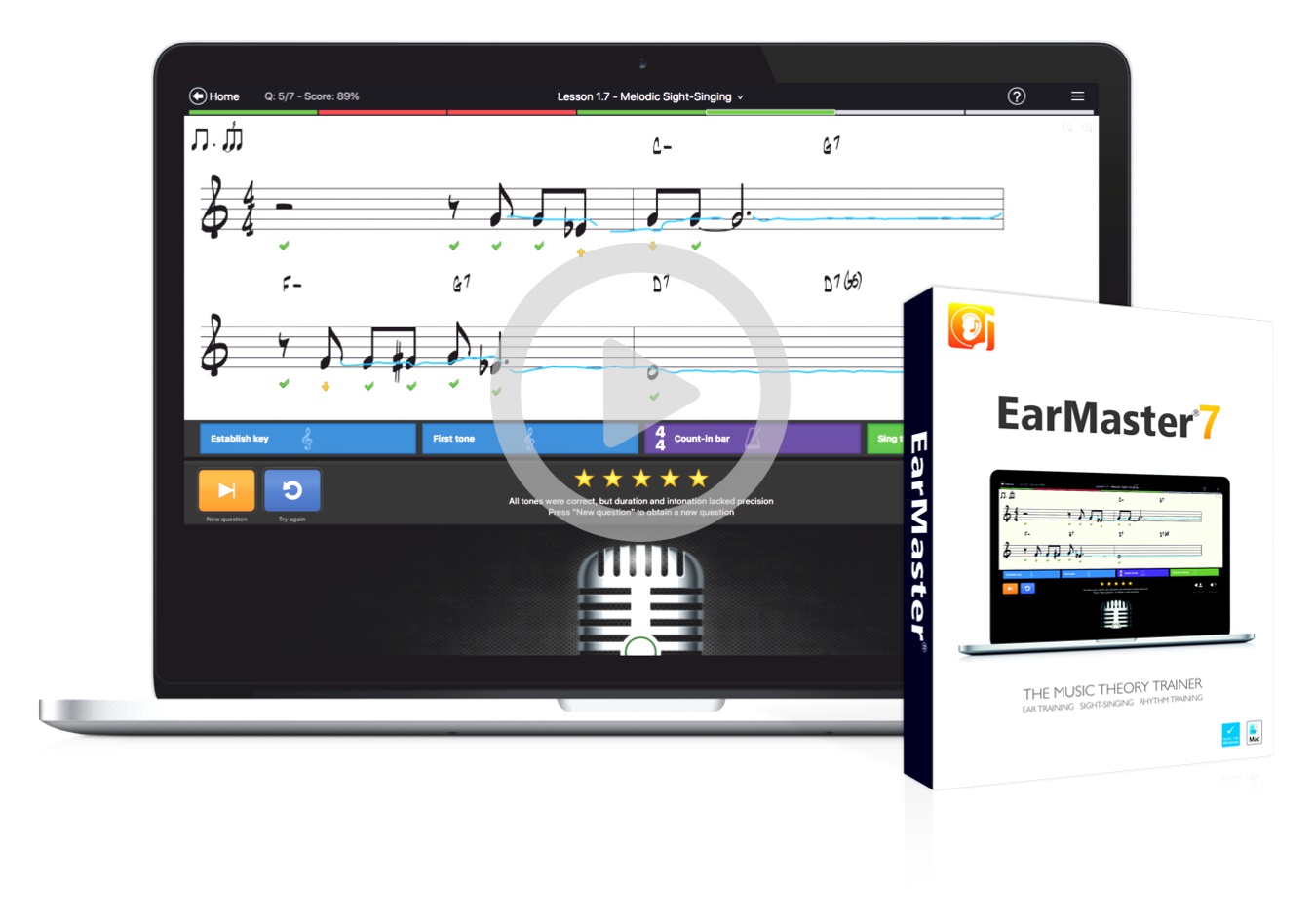Piano Learning App For Mac
Sep 18, 2012 - Playground Sessions wants to be the Rosetta Stone of piano lessons–with a dash of Guitar Hero for good measure.
You do not say what your ultimate aim actually is. A keyboard player does not necessarily want to play a piano. A piano player will find many pieces which will not be playable on a keyboard with less than the full 88 keys. Are you intending to play music of a particular genre. Jazz or blues will leave you without much written guidance as the skill is really in the improvisation, combined with a thorough knowledge of scales and timing. All written music will require you to assimilate musical theory and to read and play two staves simultaneously (bass & treble).
How do i increase memory for word for mac 2011. Classical musical forms have some advantage if you are learning to read music. There is a shed-load of material written for the piano and it is available with clear to understand grading.
Any guidance you can give about where you see yourself when you have reached your objectives, will help me to give better assistance. Mac-based software has already been mentioned and anything worthwhile is going to take an investment in time. The excellent LilyPond comes complete with a learning curve. Other solutions cost money. Web browser plugins such as the freely available will let you make music scores interactive. Can be had for $9.95 and will help you understand notation software. If you want to read music (and have an iPhone) then Flash Notes by Data Spire is a great way to learn the music staves and it is only $.99.

The other useful iPhone app I have found is which is very well thought out for a price just over $1.00. All sheet music can be obtained at for free and LilyPond is used to typeset the music so that all of the LilyPond source files are available too. One really excellent site is by Gilbert DeBenedetti who is a Music Teacher. All his music is graded and accompanied by MIDI files too and has the considerable benefit of being free. The sheet music is well formatted.pdf files so the prints are perfect.
His site repays exploration with all kinds of information and helpful lessons for free. Thank you much for all of that. I wish I could tell you my 'aim' more, but I really am unsure. I know I want to learn to play classical pieces, because I really enjoy listening to it and want to be more a part of it.
On the side, I want to learn how to play present day songs on the radio, pop and alternative type stuff, just for fun and to hear something more recent. I want to learn all notes chords and how to read etc, because I found some videos of people playing metallica on the piano, and I just have to try that also!:-). If you want to play classical music, note that there's two general types of piano sheet music. One type is more focused on playing recreationally, or perhaps with an ensemble.
The right hand (The Treble Clef) will carry the melody, while the left hand will be gutted. In some cases, there will just be letters running along telling you 'wing something in this key, preferably with rhythm'. You can have fun with this method. It lets you focus on the melody immediately. But focusing on this method tends towards panic when you see a full piano score. Classical music tends to have a lot more than just 'the melody' going on.
Very rewarding when you master something. (Or even when you play it recognizably!) You'll sometimes need to decide 'Wow, my fingers can't reach that far, I'm dropping that note!' Don't worry about it too much. But if you want to play classical music, you'll want to march down the path of songs with non-trivial left hands. It's fine to go back and forth.
The joy of the melody sheets is in sight reading (which means playing music you've never practiced - playing the music on sight). You can be at a party and get a request for a song you've never heard of. Since this tends to be songs where other people are going to sing as a chorus, you aren't expected to provide the whole shebang. Playing just the melody goes a long way.
But most classical music (or any 'full' piano music) virtually demands study and practice before performance. Clear browser for mac on chrome firefox. Originally posted by x5452: Sweet! Thank you much for all of that. I wish I could tell you my 'aim' more, but I really am unsure.

I know I want to learn to play classical pieces, because I really enjoy listening to it and want to be more a part of it. On the side, I want to learn how to play present day songs on the radio, pop and alternative type stuff, just for fun and to hear something more recent. I want to learn all notes chords and how to read etc, because I found some videos of people playing metallica on the piano, and I just have to try that also!:-) Just a general impression. That you have a very wide scope in Metallica to Classical with everything in between. I suspect that without a clear focus, you will end up feeling that you have bitten off too much. My initial interest was in being able to help my young son, who is studying for various musical examinations. I had bought a stage piano (Yamaha P70) for him when he had outgrown a 20 key toy a relative had given him on a birthday.